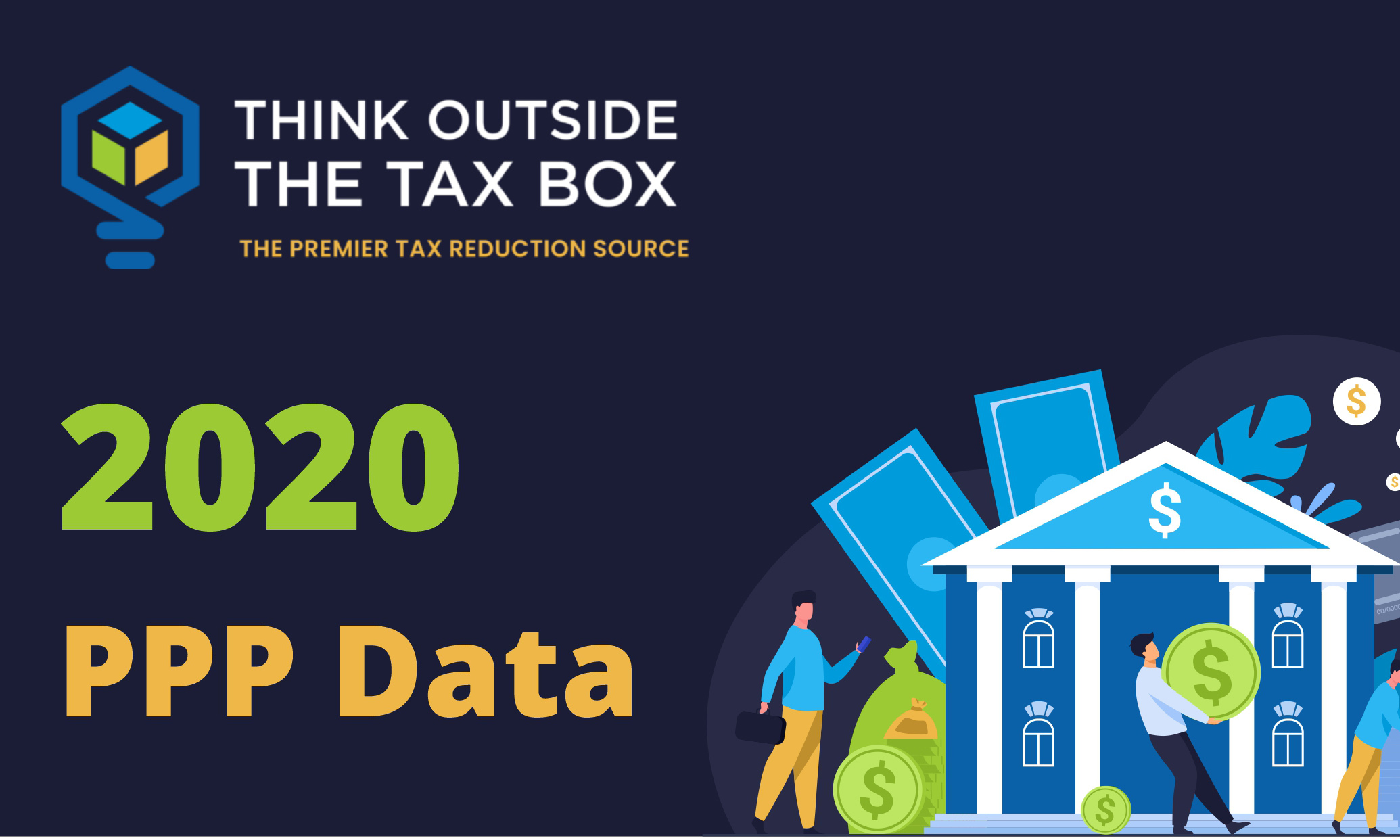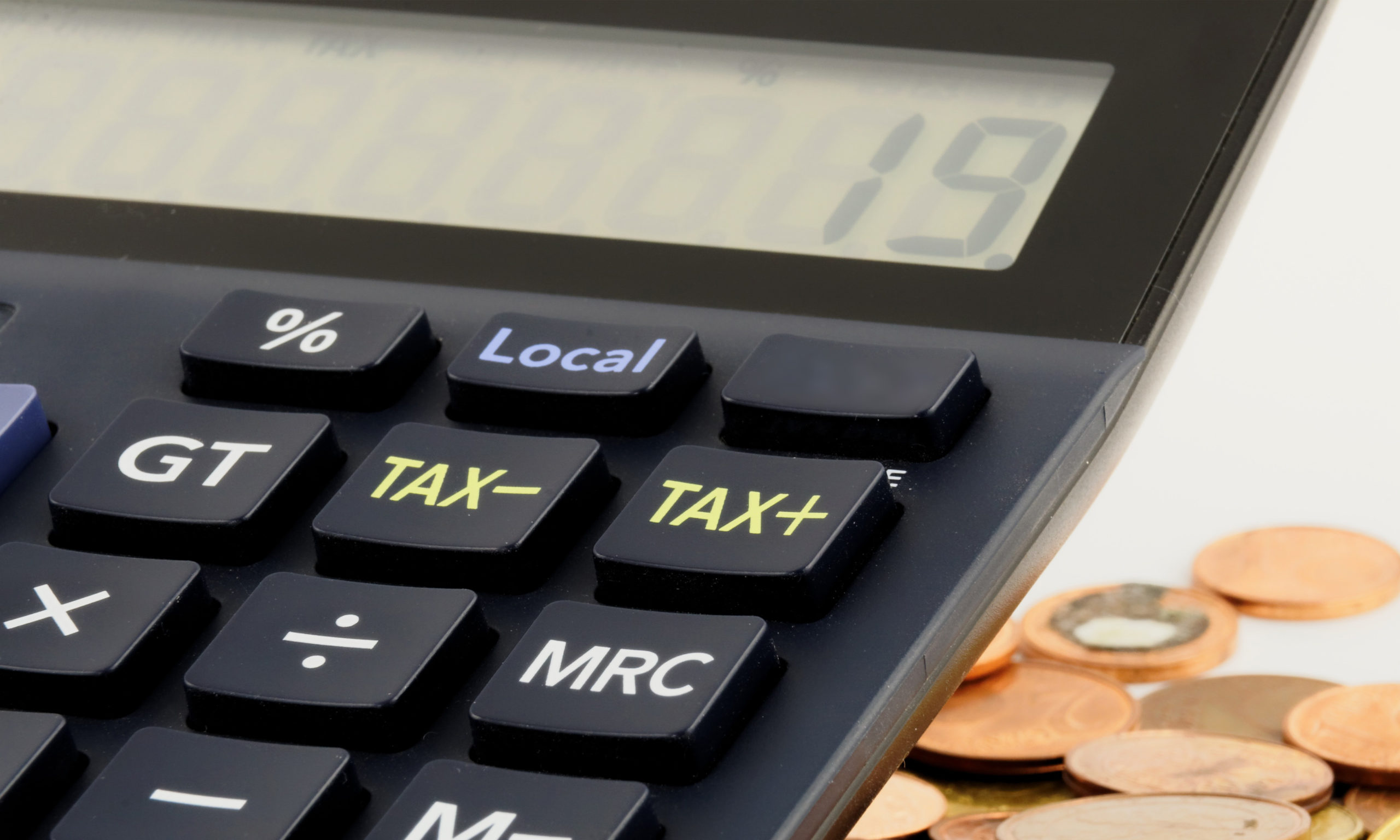
What You Need to Know About the Proposed Trump Savings Accounts
Tucked inside the narrowly passed “One Big Beautiful Bill Act,” President Trump’s sweeping tax and spending package, is a provision that’s drawing media attention: the creation of a new tax-deferred investment account called a Trump Account. A proposed $1,000 “baby bonus” tied to the account only adds to the intrigue. While the reconciliation bill primarily focuses on extending the 2017 tax cuts and reshuffling federal spending priorities, this unexpected addition could offer new planning opportunities for taxpayers.

















